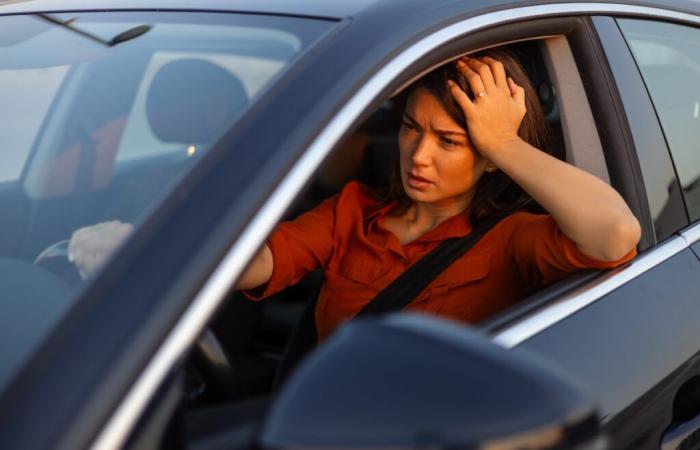Between the expansion of “vigilance territories” to all cities with more than 150,000 inhabitants, the obligation since January 1, 2025 to equip your vehicle with a Crit'Air sticker (regardless of its date of entry into circulation ), the reduction in public aid for purchases, and the freedom left to cities both in the application of their restrictions and in their exemptions, criticisms are pouring out against these measures perceived as restrictive, even unfair.
22% of the French vehicle fleet classified Crit'Air 3
Around 8.84 million vehicles in France, out of a total of 39 million, are classified Crit’Air 3or approximately 22% of the French vehicle fleet. All diesel vehicles registered before 2011 and all gasoline vehicles registered before 2006 are affected.. These cars are considered too polluting and are therefore officially banned from circulation in the Greater Paris, Lyon, Grenoble and Montpellier since January 1, 2025, weekdays, Monday to Friday, 8 a.m. to 8 p.m.
Night workers or professionals can still hope to escape sanctions, at least for the metropolis of Lyon. HAS Parisyou must hold a 24 hour passwhich allows its owner to move freely in the capital 24 days a year (in addition to weekends and public holidays). Montpellier and Grenoble will, a priori, be more flexible. In short, each city is free to choose its restrictions and the conditions for lifting them.
Low-income households on the front line
The reality of the ZFE restriction schedule, set by the Climate and Resilience law, is simple: it is the most modest who toast first, namely those who drive old cars to go to work. Change vehicle? Impossible, or at least for a majority, due to lack of resources, or even due to the reduction in public purchasing aid, such as the conversion bonus. The implementation of EPZs reveals a growing gap between ecological ambition and social reality: the car, once synonymous with freedom, tends to become an increasingly inaccessible luxury for many citizens. And the obligation for all motorists to display a Crit'Air sticker on their vehicle reinforces resentment towards a permanent control, and essentially punitive measures.
No controls or sanctions should be applied for several months, or even 2026 (for Paris). The metropolises applying the ban on the circulation of Crit'Air 3 (+4 and 5) favor a educational approach in order to give a little reprieve to the motorists concernedespecially before the arrival of automatic radars. Once this period has passed, offenders will risk a fine of 68 euros for private vehicles and 135 euros for heavy goods vehicles.






